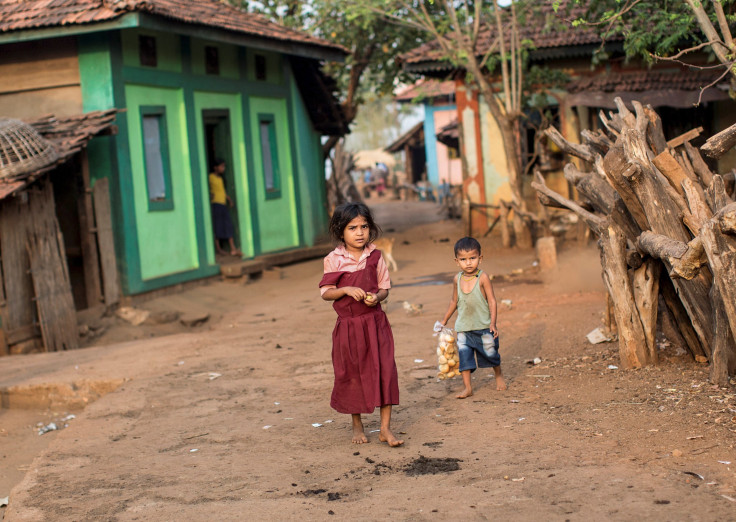India pays children to poop to prevent people from discharging waste in open areas

About 1.1 billion people around the world discharge faeces anywhere because of the lack of access to proper sanitation, which can aid spread disease easily. In an effort to prevent the consequences, India has passed a new scheme aiming to promote better toilet habits in children by "paying them to poop" in public toilets.
In India, nearly half of the population or more than 590 million people practice open defecation in fields, bushes, open spaces and into open bodies of water. Health officers at the Ahmedabad Municipal Council are working to change the attitude of the residents to improve their hygiene, starting from the children by paying them one rupee each or giving them chocolates to use public toilets.
Health experts warn open defecation can bring a serious threat to the health of children, which about 200,000 are dying every year because of the diseases transmitted through human waste, particularly diarrhoea. The scheme was driven by as people are still not using many public toilets in the city, even when many were free, according to Anil Prajapati, chairman of the Gujurat Sanitation Development Organisation, in a BBC report.
In Ahmedabad, there are 320 public toilets and 143 of those are free. But the city council of Gujurat has observed that children are still doing open defecation just in front of the pay-and-use toilets, Prajapati said.
Some of the people "fear that there are witches inside or that their children will be kidnapped.” According to Prajapati, these concerned people have come from small villages where they are not used to toilets.
The risks of open defecation include attracting flies to feed on the waste and carry small amounts away on their bodies, which will then come into contact with food. The human waste can also contaminate water in wells and streams that people use for drinking or taking a bath.
The ingested bacteria and worms carry diseases, causing sickness and malnutrition. The faecally transmitted infections, according to experts, are also the main reason why almost half of the Indian children under five are underdeveloped.
The city council aims to scale up the scheme to also start paying adults to use public toilets. "Once children start using the toilets, adults won't do it anymore. Children themselves will become the motivators," said D Thara, commissioner of Ahmedabad Municipal Corporation.
"The idea is to understand you are rewarded for good behaviour," but people in other parts of the city say convincing them to change won’t be easy because of some failures in the sanitation of the toilets. People say that the toilets are not kept clean and that their children are often stopped from using the facilities because some of them use too much water.
Prime Minister Narendra Modi has set the goal to make every home to have a toilet by 2019, and to eliminate open defecation in India is a priority. In the previous years, well-funded sanitation campaigns have been implemented, but few have worked.
Some campaigners suggest that building toilets is not enough to reshape the attitudes of the people, and that more needs to be done to stop the practice of open defecation. But the council hopes the new approach of giving payments could be a necessary first step towards ending open defecation in India.
Contact the writer at feedback@ibtimes.com.au or tell us what you think below






